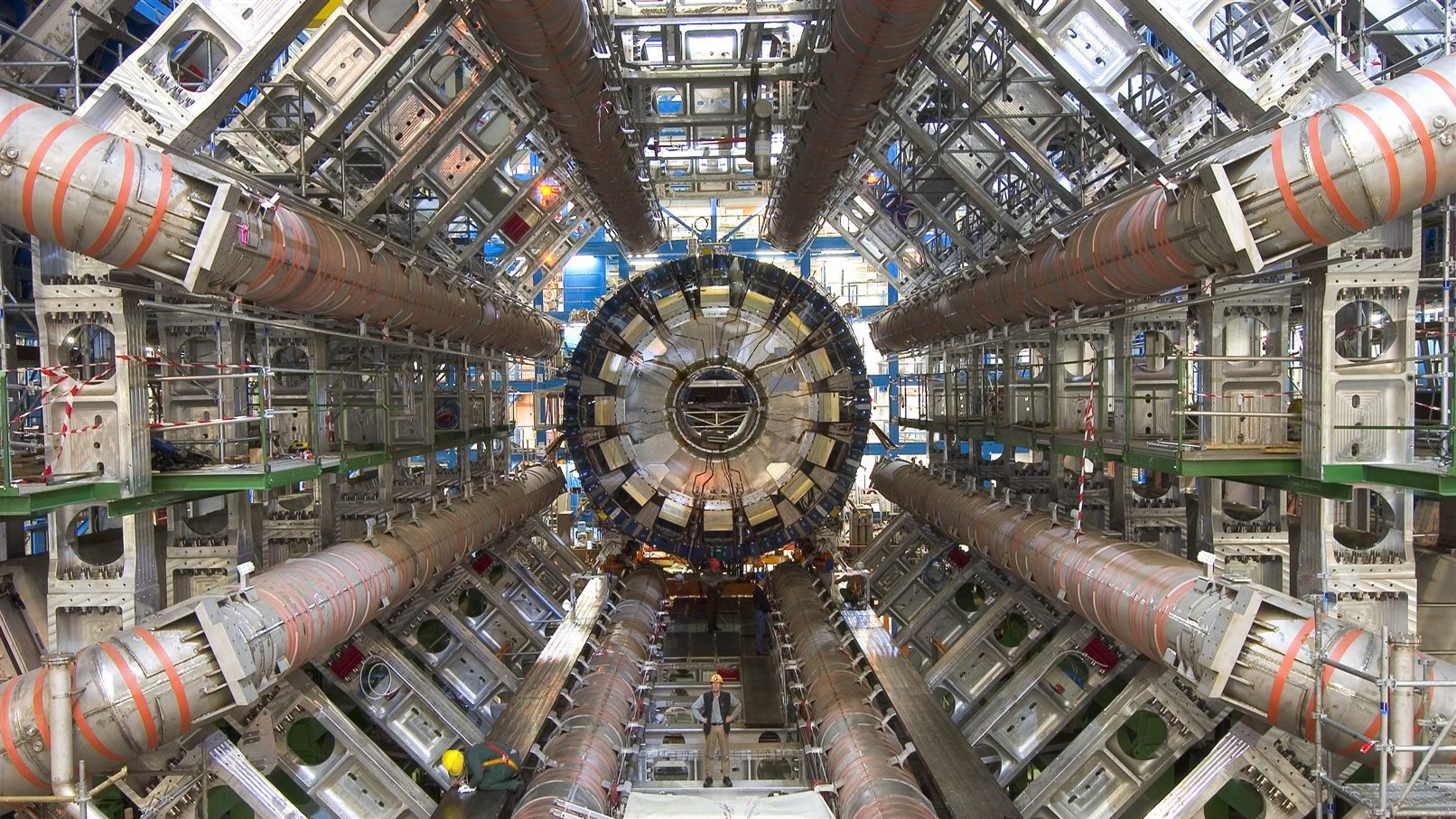Time travel is usually understood by most as going back to a bygone era or jumping forward to a point in the future. But how much of the idea is based in reality? Is it possible to travel through time?
According to NASA, time travel is possible, just not in the way you might expect. Albert Einstein’s theory of relativity says time and motion are relative to each other, and nothing can go faster than the speed of light, which is 186,000 miles per second. Time travel happens through what’s called “time dilation.”
Time dilation, according to Live Science, is how one’s perception of time is different to another, depending on their motion or where they are. Hence, time being relative ~ https://www.usatoday.com/story/tech/science/2022/09/10/time-travel-possible-science/7847346001/
Again, is time travel possible? Given the popularity of the concept, this is a legitimate question. Theoretical physicist, Peter Watson, Emeritus professor, Physics, Carleton University, thinks that there are several possible answers to this question.
The simplest answer is that time travel cannot be possible because if it was, we would already be doing it. One can argue that it is forbidden by the laws of physics, like the second law of thermodynamics or relativity. There are also technical challenges: it might be possible but would involve vast amounts of energy.
There is also the matter of time-travel paradoxes; we can hypothetically resolve these if free will is an illusion, if many worlds exist or if the past can only be witnessed but not experienced. Perhaps time travel is impossible simply because time must flow in a linear manner and we have no control over it, or perhaps time is an illusion and time travel is irrelevant.
COMMENTARY: I put in bold and or underlined the key or important words/phrases from the excerpts above. As a sociologist (PhD), not a social worker, I can only give my expert take on the idea of time travel. Since, I study people, society/culture and their information reality, the social imagination, it is obvious to me that the idea of time travel stems from what it would mean to an individual to do so.
There is no 'studied/researched' group of people who wish to time travel as a group with one given purpose to do so. Why? Probably because they couldn't really trust one another's motives to time travel. They somehow intuitively know that each person has his/her reason to do so. Sure, there could be a group of people that might be interested in time travel as a kind of tourism and or sightseeing; saying... "I would like to 'have been there", i.e.
The point being, whether one man or many, meaning has everything to do with the desire to time travel. And, what time to travel to because the choice also means something. And, would they actually find the meaning they are looking for? Probably not. Why?
Firstly, my assumption is that all time is in the social imagination, its a necessary illusion. And, thus we could say that time travel is irrelevant. And, I would go as far to say that its unobservable for the traveler in the sense of whether or not the traveler would know that they have actually 'time traveled'.
The social imagination, the social reality, is relational. All relationships in the social imagination are subjective in that they are necessary for the one among the many; hence, no man is an island. They, relationships, are created or grow up in the social imagination because that's the only place they can and do exist.
And, in that context of growing up, our social reality is becomes grounded in agreement and disagreement through relationship building. Both agreement and disagreement compliment and complete the experience of social reality relationships. The more we agree on what it
is 'real' and what is not through relationships, the more we become embedded in them and in it.
Regarding time travel, once, the so-called transportation back in time occurs, we would need to or rather have to immediately engage relationships: the surroundings and everything in that 'time'. In order to feel that something happened, we need to be able to confirm something happened by connecting with and interacting with the people and all things appearing before us to be able to discern if the time travel happened.
Also, I suppose, to have an actual experience, if possible... we would not want to give away our identity knowing that whatever we had in our previous social reality, social imagination would likely not fit to this alternative or past... or jeopardize the experience. So, we would have to look and be 'like them' just to get around and take in 'understand' the information provided to not only discern the event indeed happened, but to enjoy it.
In this 'process' of fitting in or adjusting to the 'new' relationships, in context of either the 'past or future', necessary in order to experience the event, we could easily be deceived by the social imagination into thinking... nothing happened simply through agreement of what actually is before us.
I imagine that we could easily forget (instantly or over a short period of time) where we came from. In fact, we may necessarily have to forget the place where we came from. Essentially, erased or interpreted by the previous social imagination as a dream and the new reality is where you landed or end up.
This is why a I can say time travel would be unobservable in the long run or over time... and perhaps still dreamed of as 'possible'.


